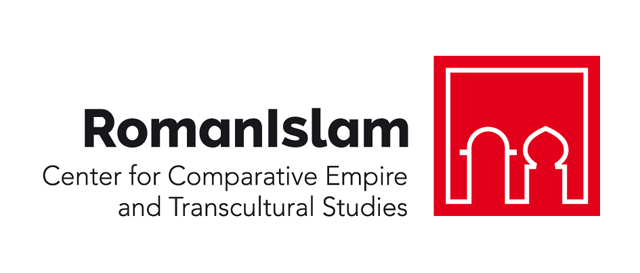Dr. des. Lorenzo Livorsi
July 2021 - March 2022

Research Project: Papal correspondence with Iberian dioceses in the long Late Antiquity and the Regesta Pontificum Romanorum
In Antiquity and in the Early Middle Ages, communication between the bishops of Rome and the Iberian Peninsula was frequent: local bishops often asked the pope for advice and guidance on issues of doctrinal error and clerical discipline. In addition, popes often sent their legates to take part in local synods. Depending on the topic and intended readerships, papal letters are thus classified as encyclicae (i.e., “circular” letters addressed to all the dioceses of a region), indiculi (containing instructions to papal legates), commonitoria (i.e., warning against heresy), and decretales (i.e., responses to an individual question, but with universal application).
The amount of evidence is very large, but, currently, there is no overarching instrument that records all the epistolary communication between the papacy and Spain in Antiquity and in Late Antiquity, both in terms of direct and indirect sources (i.e., both when the source is extant and when it is no longer extant but can be reconstructed from other testimonies). The work, however, is under way in the context of the project Hispania Pontificia Romana et Visigothica. This is a sub-project of the larger enterprise Papsturkunden des frühen und hohen Mittelalters, which has the aim of producing a new, updated edition of the Regesta Pontificum Romanorum, i.e., a register of all known papal correspondence up to 1198: each entry is constituted by a short summary in Latin with an apparatus of sources and succinct commentary. My activity will contribute to this project, which has already been initiated and is at a relatively advanced stage. The envisaged final product is a comprehensive register of correspondence between the popes and Spanish dioceses from the origins up to 711 CE (i.e., until the Arab invasion of Spain).
This register will include both extant and no longer extant documents. The extant documents are included in late antique and early medieval collections of canon law (most notably, the 7th-century Collectio Hispana). The project also includes a number of decretals which are allegedly ascribed to ancient popes, but, in reality, are early 9th-century forgeries conventionally grouped under the pseudonym of Isidorus Mercator. To add a further layer of complexity, only a limited number of documents are provided with a critical edition. The complete product will provide a comprehensive overview on the development of canon law, conciliar politics, and doctrinal governance in early Christian Spain. This will be a challenging, but intriguing enterprise of historically applied philology.
Profile
Dr. Lorenzo Livorsi defended in 2021 his PhD thesis in Classics at the University of Bristol. In 2020-2021, he held an OeAD visiting research studentship at the University of Vienna and in 2019-2020 he was at the University of Hamburg with a DAAD grant. Before his PhD, he studied Classical Philology and Ancient History at the University of Pisa and, jointly, at the Scuola Normale Superiore. His other research interests include Latin verse hagiography and cult of the saints in Late Antiquity (PhD on Venantius Fortunatus’s Life of St. Martin), panegyrical literature from Late Antiquity and Late Latin Poetry in general. He is also passionate about history of the manuscript tradition and Latin paleography.
CV
Selected Publications
Livorsi, Lorenzo (2020), "A Commentary on Venantius Fortunatus’ Life of St. Martin’", The Classical Review 70, 406-408 (doi:10.1017/S0009840X2000133X). [Review of: N. M. Kay (ed., trans.), Venantius Fortunatus: Vita Sancti Martini. Prologue and Books I-II (Cambridge Classical Texts and Commentaries 59), Cambridge University Press, 2020]
Livorsi, Lorenzo (2018), "A 'Vicious' Interpolation in Horace’s First Epistle", Hermes 146, 122-129.
Livorsi, Lorenzo (2016), "Laudantes Elegi: Ovid’s Exile and the Metamorphoses of Praise, Friendship and Love in Late Latin Poetry", Interfaces: A Journal of Medieval European Literatures 2, 12-33.
Livorsi, Lorenzo (2016), "‘Πλατωνικὸς Ἄρης: Echi neoplatonici nell’Inno Omerico VIII’", in: Riccardo Di Donato, ed., Comincio a cantare: contributo allo studio degli Inni Omerici, Pisa: ETS, 49-64.
More
- https://research-information.bris.ac.uk/en/persons/lorenzo-livorsi
- https://bristol.academia.edu/LorenzoLivorsi


